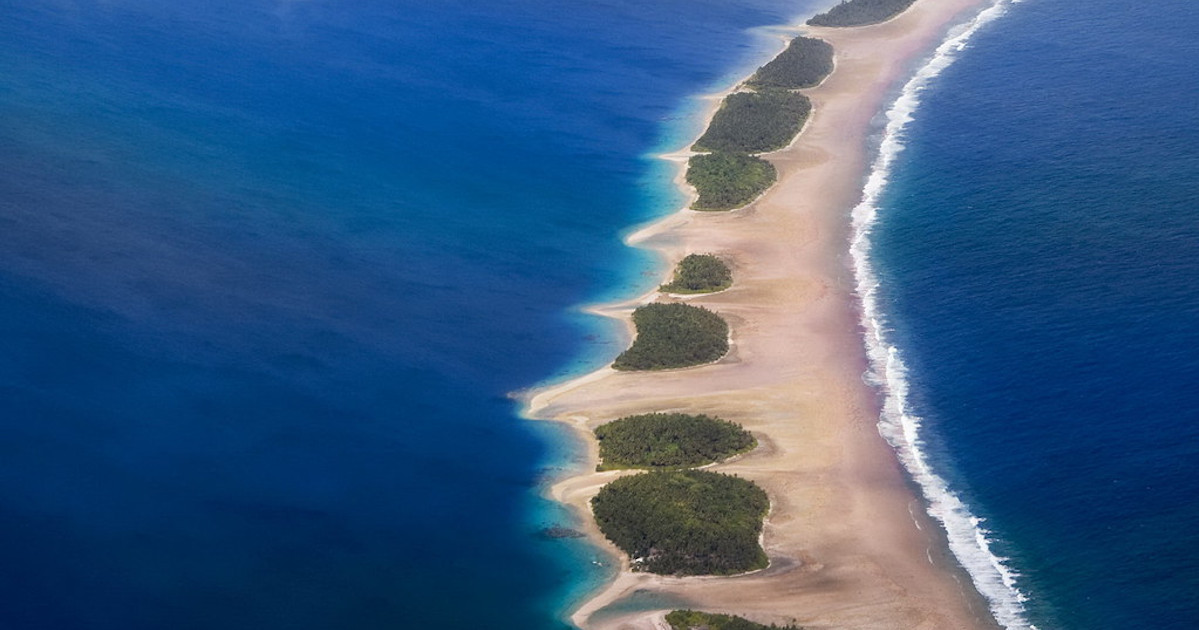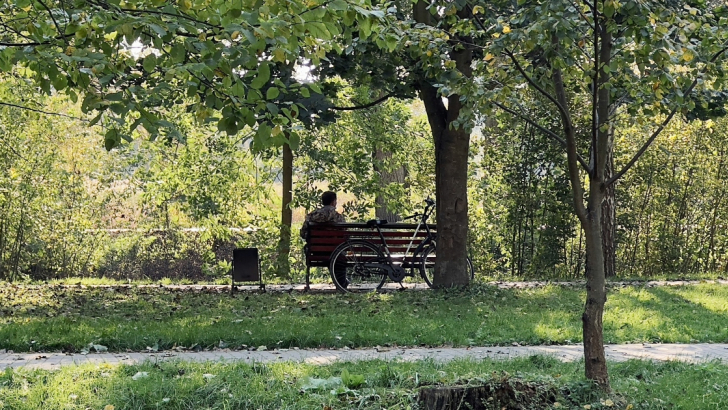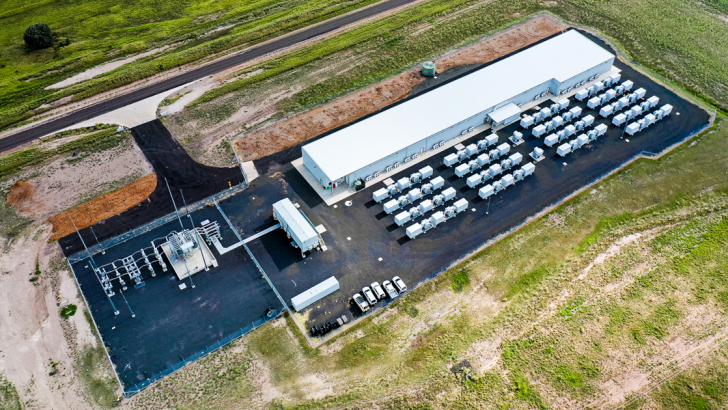IPCC: The impact of climate change on small islands

Marshall Islands, Jaluit Atoll Lagoon, Flickr
Small islands are among the areas most affected by global warming and climate change. Not only do they face higher temperatures, but also tropical cyclones, droughts, altered precipitation patterns, sea level rise, coral bleaching, and the spread of invasive species. These phenomena, widely observed, impact both ecosystems and human societies living on these islands.
By assessing the consequences of climate change on natural ecosystems and human societies, the latest IPCC report (AR6 WG2) clearly shows that sea level rise will trigger a rapid increase in floods on small islands: marine water will rise by 15 to 40 cm, based on different scenarios, which in turn would double flood frequency in large parts of the Indian Ocean and the Tropical Pacific Ocean, whereas cyclones would remain the primary cause of floods in the Caribbean Sea and the Southern Tropical Pacific Ocean.
In a video shown at #COP26, Tuvalu's foreign minister Simon Kofe stands knee-deep in seawater to demonstrate the "realities of climate change" and rising sea levels.
— Human Rights Watch (@hrw) November 9, 2021
"We are sinking, but so is everyone else."
?:Tuvalu Ministry of Justice, Communication and Foreign Affairs pic.twitter.com/lqRotTJjyg
Ecosystems
The continued degradation of terrestrial and marine ecosystems on small islands due to human impact will amplify the vulnerability of island populations to climate change. Recent studies show that with global warming exceeding 3°C, there will be a 100% extinction risk for endemic species in insular biodiversity hotspots, such as the Caribbean and some regions of the Pacific Ocean and South-East Asia (Sundaland). Ecosystem degradation will reduce resource availability for the millions of inhabitants of small islands, affecting settlements and infrastructure, food and water availability, health and the economy. This degradation will destroy entire cultures and cause mass migrations.
Coral reefs
Severe coral bleaching, along with declines in coral quantity, has already been observed in several small islands, particularly in the Pacific and Indian Oceans. Some small islands are expected to experience massive bleaching events annually before 2040. With global warming exceeding 1.5°C, a further loss of coral reef between 70% and 90% is anticipated, a figure that would rise to a soaring 99% with global warming above 2°C compared to preindustrial levels.
Cities and settlements
Coastal cities and rural communities on small islands are already facing the impacts of rising sea levels, heavy rainfall, and tropical cyclones. Climate change is also affecting settlements and infrastructure, health and wellbeing, food and water availability, economies, and the cultures of small island populations. Most of these populations live in areas 10 m below the sea level. The increasing exposure and vulnerability are particularly pronounced for atoll islands.
Water
Projections on changes in aridity levels show that many islands will face increased water stress. It is estimated that with less that 1.5°C, water stress will be 25% lower than at 2°C of global warming. Projections on drought risk in Caribbean island States suggest that a temperature increase of 1°C, from 1.7°C to 2.7°C, may lead to a 60% increase in the number of people exposed to water stress between 2043 and 2071.
Food
On small islands, the loss of coastal soil due to rising sea levels has exacerbated the impacts of extreme rainfall and waves, whereas increased aridity has contributed to food and water scarcity that is expected to increasingly impact many places. Maximum fish catch may decline by over 50% by 2100 (compared to levels from 1980-2000) for most Pacific island countries.
Migrations
The vulnerability of small island communities, especially those that rely on coral reefs for their livelihoods, could become evident well before 2100, even in a low emission scenario. The impacts of climate change on coastal and low-lying areas pose a significant threat to the ability of these lands to support human life. Climate migrations are expected to increase, although the drivers and resulting scenarios are context dependent. There is insufficient evidence to estimate the exact number of climate migrants from small islands.
Loss and damage
Small islands are already experiencing significant losses and damages, primarily due to tropical cyclones and rising sea levels. Despite the loss of human lives and economic damages, methods for assessing these losses remain largely underdeveloped for small islands.
Obstacles to adaptation
Investments in adaptation strategies and knowledge transfer are critically urgent for small islands. However, several obstacles hinder these adaptive responses, including inadequate governance systems, limited financial resources, and insufficient human resources. Moreover, institutional and legal frameworks are often inadequately prepared. The lack of updated climate data is particularly evident in developing countries.
Adaptation options and response
Despite these challenges, several enabling factors can be implemented, including improved forms of governance, legal reforms, greater justice and gender equality, increased human resources, more funding, enhanced education and awareness, better access to climate information, integration of scientific knowledge with local and indigenous knowledge, and the involvement of local cultural resources in decision-making processes.
This article was translated into English by Sofia Belardinelli. The original version of this article is available here.
ALSO READ:
- IPCC: Nearly direct correlation between emissions and global warming
- IPCC: Impacts of climate change are not equal for everyone
- IPCC: The impacts of climate change on Africa
- IPCC: The impacts of climate change on Europe
- IPCC: The impact of climate change on small islands
- IPCC: The impacts of climate change on Asia
- IPCC: The impacts of climate change on Oceania
- IPCC: The impacts of climate change on Central and South America
- IPCC: The impacts of climate change on North America
- IPCC: The impacts of climate change on human settlements
- IPCC Synthesis Report: every fraction of a degree matters









